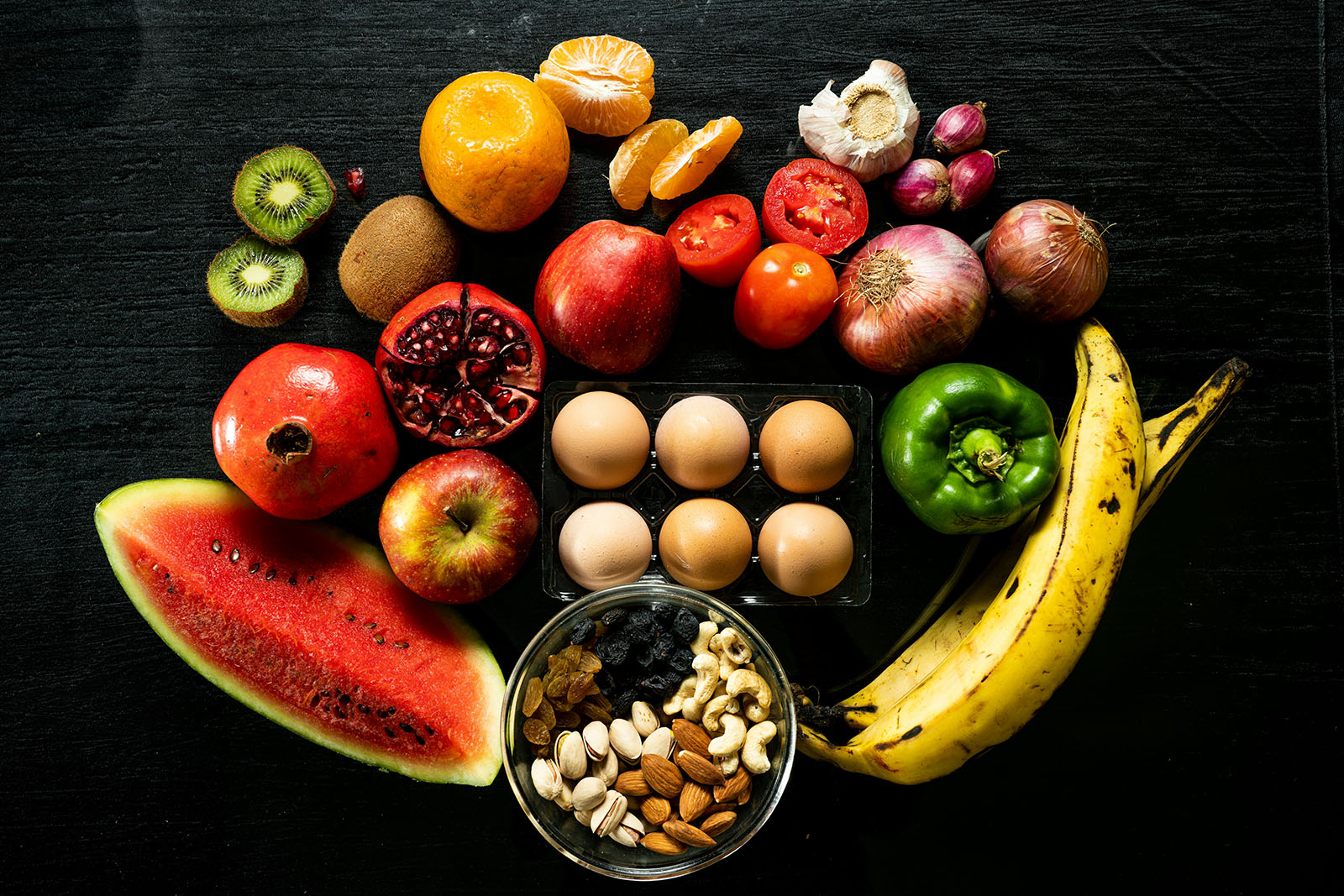As the clock strikes midnight on 31 December, millions of people around the world set their intentions for the year ahead. New Year’s resolutions symbolise fresh starts, offering a chance to reflect, reset, and set goals for self-improvement. Yet, many resolutions fail—statistics suggest that by February, most have been abandoned.
But what if your resolutions weren’t about quick fixes or unattainable goals? What if they were about sustainable changes to your nutrition, health, and lifestyle—improvements that would genuinely benefit your well-being?
Let’s explore how to set meaningful resolutions and maintain them throughout the year, laying the groundwork for lifelong health and vitality.
Why Do Resolutions Fail?
The most common reason resolutions fail is that they’re too vague or overly ambitious. Resolutions like “lose weight,” “eat healthier,” or “exercise more” are well-intentioned but lack a clear plan. Without structure, it’s easy to lose motivation.
Experts recommend setting SMART goals:
- Specific: Clearly define what you want to achieve.
- Measurable: Use metrics to track your progress.
- Achievable: Set realistic and manageable goals.
- Relevant: Align your goals with your values and lifestyle.
- Time-bound: Include a timeline for milestones.
For instance, instead of “eat healthier,” a SMART goal might be: “Prepare three home-cooked, plant-based meals per week for the next month.”
Nutrition Resolutions for a Healthier You
1. Focus on Whole Foods
Processed foods often contain excess sugar, unhealthy fats, and additives that contribute to weight gain, fatigue, and inflammation. Instead, aim to prioritise whole foods—fresh fruits, vegetables, whole grains, lean proteins, and healthy fats—in your meals.
- Tip: Start small by swapping one processed snack each day for a whole-food alternative, such as nuts or a piece of fruit.
2. Stay Hydrated
Dehydration can lead to fatigue, headaches, and difficulty concentrating. Aiming to drink at least eight glasses of water daily is a simple but effective resolution.
- Tip: Carry a reusable water bottle with you, and try adding lemon or cucumber slices to make hydration more enjoyable.
3. Practice Mindful Eating
Mindful eating means paying attention to your food—savouring each bite and recognising when you feel full. This can help prevent overeating and improve digestion.
- Tip: Put away distractions like phones or TVs during meals and take time to chew slowly.
4. Experiment with New Recipes
Healthy eating doesn’t have to be boring. Trying new recipes keeps things interesting and ensures variety in your diet.
- Tip: Commit to cooking one new recipe each week. Explore global cuisines like Mediterranean, Indian, or Thai for diverse and nutritious meals.
Fitness Resolutions for Physical and Mental Health
Physical activity improves not just your fitness but also your mood, energy levels, and overall health. However, many fitness resolutions fail because people try to do too much too quickly.
1. Find Activities You Enjoy
Exercise should be enjoyable, not a punishment. Whether it’s dancing, yoga, cycling, or swimming, choose activities that you genuinely like.
- Tip: Schedule 30 minutes of movement three to five times a week, and increase gradually as the habit sticks.
2. Set Realistic Goals
Instead of vowing to “get fit,” break your goals into achievable steps. For example, aim to complete a 5K run in three months or attend two fitness classes per week.
3. Include Strength Training
Building muscle supports metabolism, bone health, and overall strength.
- Tip: Start with simple bodyweight exercises like squats, push-ups, and planks. As you progress, incorporate weights or resistance bands.
Lifestyle Resolutions for Holistic Well-Being
Good health extends beyond nutrition and exercise—it encompasses how you live your life daily. Making small, intentional lifestyle changes can have a profound impact on your well-being.
1. Prioritise Sleep
Sleep is vital for physical and mental health. Aim for 7–9 hours of quality sleep each night.
- Tip: Create a calming bedtime routine, such as turning off screens an hour before bed or practising relaxation techniques.
2. Manage Stress
Chronic stress affects both your mental and physical health. Incorporating stress management techniques can enhance resilience and overall happiness.
- Tip: Dedicate 5–10 minutes daily to mindfulness practices such as meditation, journaling, or deep breathing.
3. Build a Support Network
Surround yourself with people who support your goals. This could mean joining a fitness class, cooking with family, or finding an accountability partner.
- Tip: Share your resolutions with a friend to stay motivated and on track.
How to Stay Consistent
- Track Your Progress
Use a journal, app, or planner to document your progress. Celebrate small milestones to keep yourself motivated. - Be Flexible
Life happens. If you miss a workout or indulge in a treat, don’t be discouraged. Focus on consistency over perfection. - Reward Yourself
Recognise your achievements. Whether it’s treating yourself to new workout gear or a relaxing spa day, rewards can boost your motivation. - Reflect Regularly
Set aside time each month to review your resolutions. Ask yourself: What’s working? What can be improved?
The Long-Term Benefits of Resolutions
New Year’s resolutions aren’t just about short-term gains—they’re an opportunity to create habits that support your long-term health and happiness. By focusing on nutrition, fitness, and lifestyle, you’re investing in a healthier, brighter future.
Remember, change doesn’t happen overnight. Start small, stay consistent, and celebrate every step forward. This year, let your resolutions be about more than quick fixes—let them be the beginning of a lifelong journey to better health and well-being.
Here’s to making this your healthiest year yet!


